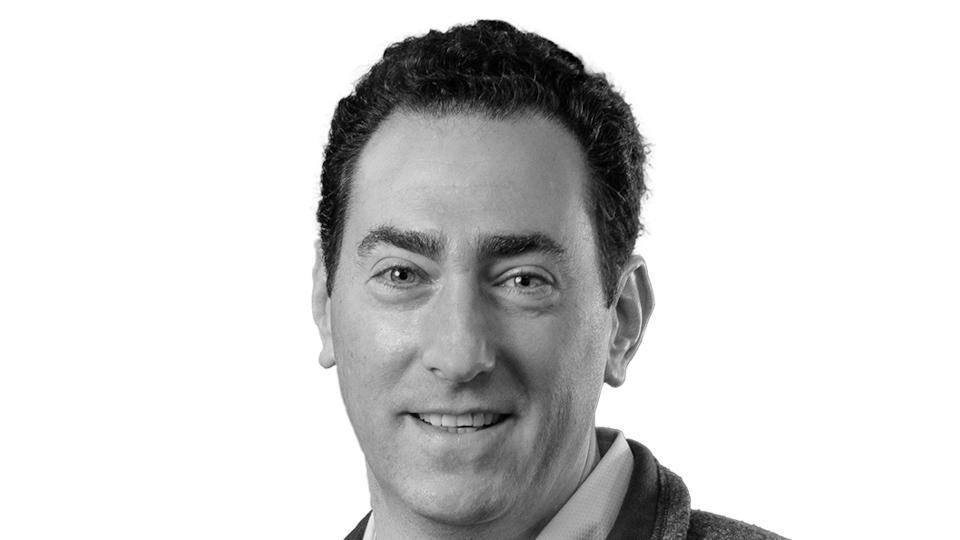Alto hits a high note with AI-driven depression therapy

Amit Etkin, founder, president, and chief executive officer of Alto Neuroscience
Alto Neuroscience has said its therapeutic approach to depression of matching patients to drugs based on brain biomarkers has shown promise in a phase 2a trial.
The eight-week study tested ALTO-300, a once-daily oral drug with an undisclosed mechanism of action, in 239 patients with major depressive disorder (MDD) that was not responding well to their current treatment.
It included a subgroup of 110 patients who were selected for inclusion based on an artificial intelligence-powered assessment of an electroencephalogram (EEG) at baseline, which indicated they had a ‘brain biomarker’ that, according to Alto, made them likely to respond to treatment with ALTO-300.
The drug was added to their standard treatment and, after four weeks, significantly more patients with the EEG biomarker achieved clinical response compared to those without that profile.
A clinical response was defined as a 50% or greater improvement in depression symptoms on the widely-used Montgomery-Åsberg Depression Rating Scale (MADRS), which was seen in 47% of the biomarker groups and 27% of controls at week four.
The same trends were observed at six weeks (57% and 34%, respectively) and at eight weeks (62% versus 47%), which according to Alto's chief executive, Amit Etkin, shows the “potential of targeting patients’ underlying neurobiology to achieve clear clinical benefit.”
He also said the results are an endorsement of Alto’s machine learning-driven data science approach used to deliver personalised treatment to patients with MDD.
The Los Altos, California-based company has now started a placebo-controlled phase 2b study of ALTO-300 in 200 patients with moderate to severe MDD, once again layered on top of background therapy, which is expected to read out in the first half of 2025. The main endpoint in that study is MADRS scores compared to placebo at six weeks.
Alto has previously reported encouraging results with its biomarker-based ‘precision psychiatry’ approach with ALTO-100, a drug targeting brain-derived neurotrophic factor (BDNF), in two trials involving patients with post-traumatic stress disorder as well as MDD.
"Our conviction in the promise of precision medicine for the brain is bolstered by these results," said Etkin.
Along with EEG biomarkers, the company also selects patients for treatment based on other factors, including neurocognitive task performance and wearable data, depending on the drug candidate in question.
The company closed a $45 million third-round financing last month and a $60 million Series B in January, with the funding set aside to take its drug candidates into phase 3 testing. It is also working on therapies for schizophrenia and other neuropsychiatric and neurodegenerative conditions.













